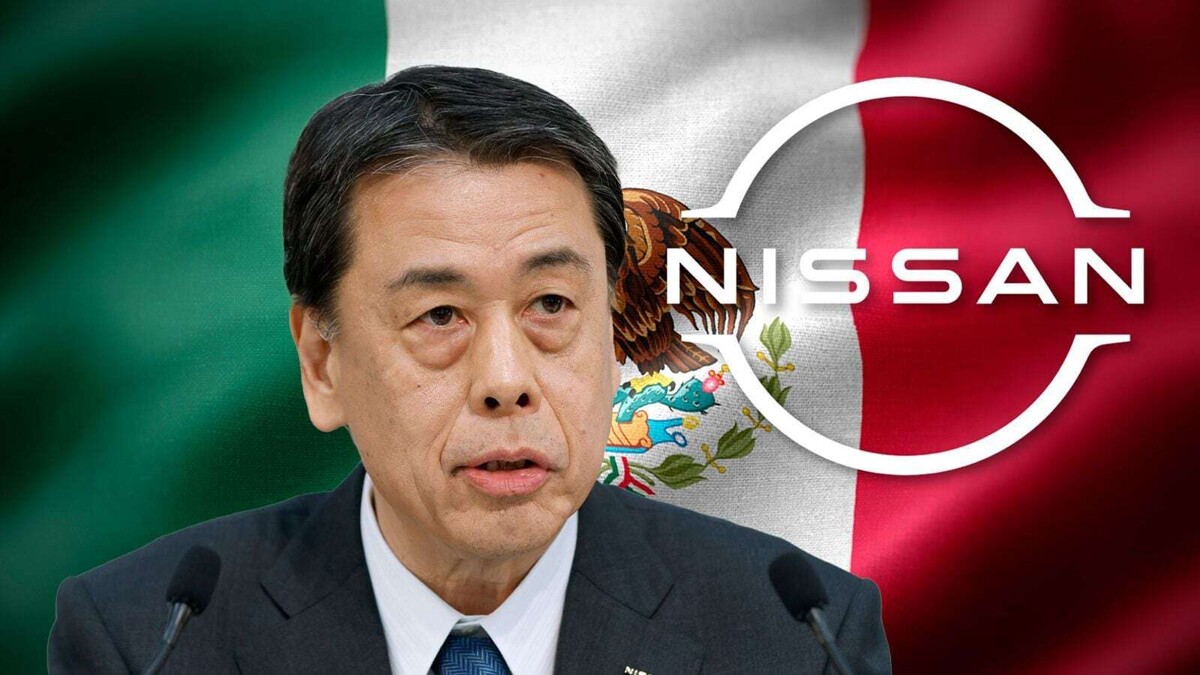
Nissan's CEO, Makoto Uchida, stated that the company could relocate its production outside of Mexico if 25 percent tariffs on exports of steel, aluminum, and vehicles manufactured from Mexico and Canada are confirmed. Uchida mentioned that they are evaluating options to minimize the impact in case tariffs are imposed on Canada or Mexico.
Last year, General Motors led car exports from Mexico to the United States with 714,146 units, followed by Ford with 358,366 cars and Nissan with 326,682 units. The potential imposition of tariffs would not only affect manufacturers but also the Mexican economy, which is highly dependent on automotive exports.
Nissan globally is taking steps to align its production with market needs and strengthen its value offering. Other automotive companies with operations in Mexico have also expressed concern, such as Ford, whose CEO, Jim Farley, warned about possible negative effects on the U.S. automotive industry.
Uchida pointed out that the imposition of tariffs would severely impact their business, given the high volume of vehicle exports from Nissan to the United States. Nissan exports approximately 320,000 units annually to the U.S. market, which represents a significant part of its operation in the region.
Despite the pause agreed by Mexico's president, Claudia Sheinbaum, on the tariffs proposed by Trump, definitive decisions pending could affect companies such as Nissan, Ford, General Motors, and Stellantis, which are important in the North American region.
Farley indicated that the tariffs would result in an increase of about $3,000 in the price of new vehicles for U.S. consumers, affecting both manufacturers and buyers. The Ford CEO emphasized that Trump's measures, instead of strengthening domestic production, have generated extra costs and complications for the industry.
This sector represents 3.8 percent of the country's GDP and generates hundreds of thousands of direct and indirect jobs. Meanwhile, the government of Claudia Sheinbaum is working to avoid the implementation of tariffs next month following the truce announced by Trump. The president and CEO of GM, Mary Barra, also expressed concern about the possible repeal of the Inflation Reduction Act, which provides key subsidies for electric vehicle and battery plants.













